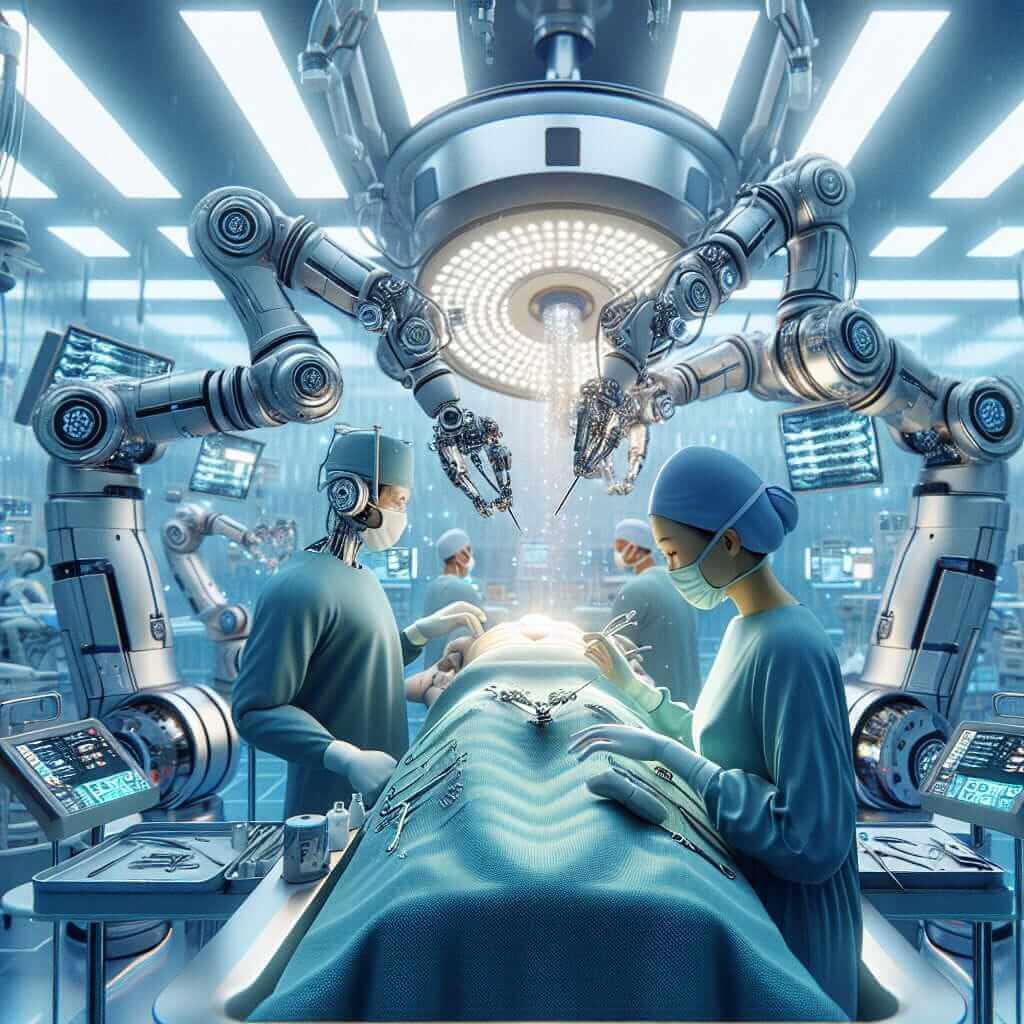The IELTS Reading section is a challenging but integral part of the test that evaluates your ability to understand and interpret written English within an academic context. Topics often include scientific innovations and their influence on society. One such trending topic that has appeared repeatedly in IELTS reading passages is “Recent Scientific Breakthroughs, Impact of Technology on Human Behavior.” Given the rapid technological advancements shaping our daily lives, this theme is highly likely to reappear in future IELTS exams.
IELTS Reading Practice Test: Recent Scientific Breakthroughs
Reading Passage
Recent Scientific Breakthroughs: The Impact of Technology on Human Behavior
The rapid pace of technological innovation has profoundly impacted human behavior, arguably more so than in any other era in history. One of the most notable breakthroughs is in the field of artificial intelligence (AI), where machines are now capable of performing tasks that previously required human intelligence. AI applications range from voice assistants like Siri and Alexa to more complex systems in fields like healthcare and finance.

Another significant area of development is biotechnology. Advances in genetic engineering, such as CRISPR, have opened new possibilities for treating hereditary diseases. Moreover, the integration of technology in everyday life has fundamentally changed how we interact and communicate with one another. The ubiquity of smartphones and social media platforms enables instant communication but raises questions about privacy and mental health.
Furthermore, technological innovation has also transformed education. E-learning platforms have made education more accessible, particularly during the COVID-19 pandemic, when traditional modes of education were disrupted. However, this shift raises questions about the digital divide between those with access to technology and those without.
In the realm of transportation, autonomous vehicles promise to revolutionize the way we commute. Companies like Tesla are at the forefront of this technology, which aims to reduce traffic accidents and improve fuel efficiency. Nonetheless, concerns about job displacement in driving-related industries and the ethical implications of machine decision-making remain subjects of intense debate.
In summary, the influence of technological advancements on human behavior is profound and multifaceted. While these innovations offer numerous benefits, they also pose significant ethical, social, and economic challenges that society must address.
Questions
- What is one of the key impacts of artificial intelligence as mentioned in the passage?
- How has biotechnology, specifically genetic engineering, contributed to medical science?
- What are the two issues raised by the widespread use of smartphones and social media platforms?
- How did technological innovation impact education during the COVID-19 pandemic?
- What are the two main concerns associated with the advent of autonomous vehicles?
Answers and Explanations
-
AI applications range from voice assistants like Siri and Alexa to more complex systems in fields like healthcare and finance.
- Explanation: This answer is located in the second sentence of the first paragraph, which discusses the applications and impacts of AI in various domains, including healthcare and finance.
-
Advances in genetic engineering, such as CRISPR, have opened new possibilities for treating hereditary diseases.
- Explanation: The answer is found in the first sentence of the second paragraph, indicating the contributions of genetic engineering to medical science.
-
Privacy and mental health.
- Explanation: These two issues are mentioned towards the end of the second paragraph, highlighting the downsides of constant connectivity facilitated by smartphones and social media.
-
E-learning platforms have made education more accessible, particularly during the COVID-19 pandemic, when traditional modes of education were disrupted.
- Explanation: This detail is provided in the first sentence of the third paragraph, emphasizing how e-learning platforms have been crucial during the pandemic.
-
Concerns about job displacement in driving-related industries and the ethical implications of machine decision-making.
- Explanation: These concerns are mentioned in the last sentences of the fourth paragraph, discussing the impact of autonomous vehicles.
Common Mistakes
- Misinterpreting the context: Often, students tend to misinterpret the context or main idea of a passage. Always re-read the passage to ensure accurate comprehension.
- Overlooking key details: Pay attention to specific details mentioned. For instance, the fields where AI is applied or the issues raised by technology can easily be missed.
- Answering from prior knowledge: Ensure that your answers are based on the passage, not prior knowledge. The text needs to explicitly state or imply your answer.
Vocabulary
- Profoundly (adv.): /prəˈfaʊnd.li/ – To a great depth; extremely.
- Hereditary (adj.): /həˈrɛdɪtəri/ – Passed down by inheritance from an ancestor; transmitted from parent to child.
- Ubiquity (n.): /juːˈbɪkwɪti/ – The state of being everywhere, especially at the same time.
- Autonomous (adj.): /ɔːˈtɒnəməs/ – Having the freedom to act independently.
Grammar
- Passive Voice: This structure is used to focus on the action rather than who or what is performing the action.
- Example: “Technological innovation has transformed education.”
- Present Perfect Tense: Indicates an action that has occurred at some point in the past and is relevant to the present.
- Example: “AI applications have transformed various sectors.”
Advice for a High Reading Score
- Practice Regularly: Consistent practice will enhance your reading speed and comprehension skills. Use reliable sources like past IELTS papers.
- Improve Vocabulary: A strong vocabulary is crucial for understanding complex texts. Make it a habit to learn new words daily.
- Answer Strategically: Skim through the questions first to understand what information you need to look for while reading the passage.
- Manage Time: Time management is key. Practice under timed conditions to simulate the actual test environment.
By mastering these strategies and understanding the common themes, you can significantly improve your IELTS Reading score.